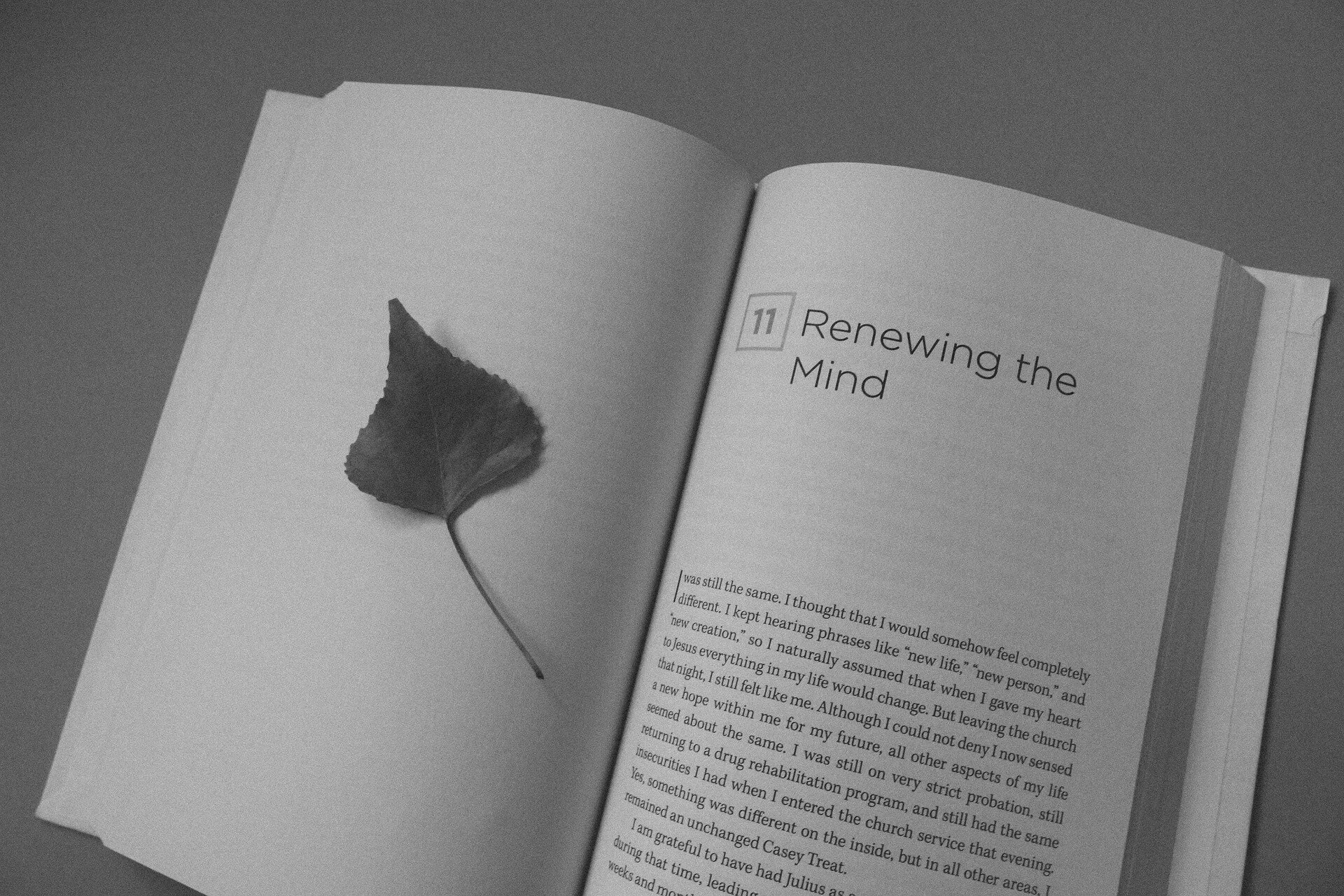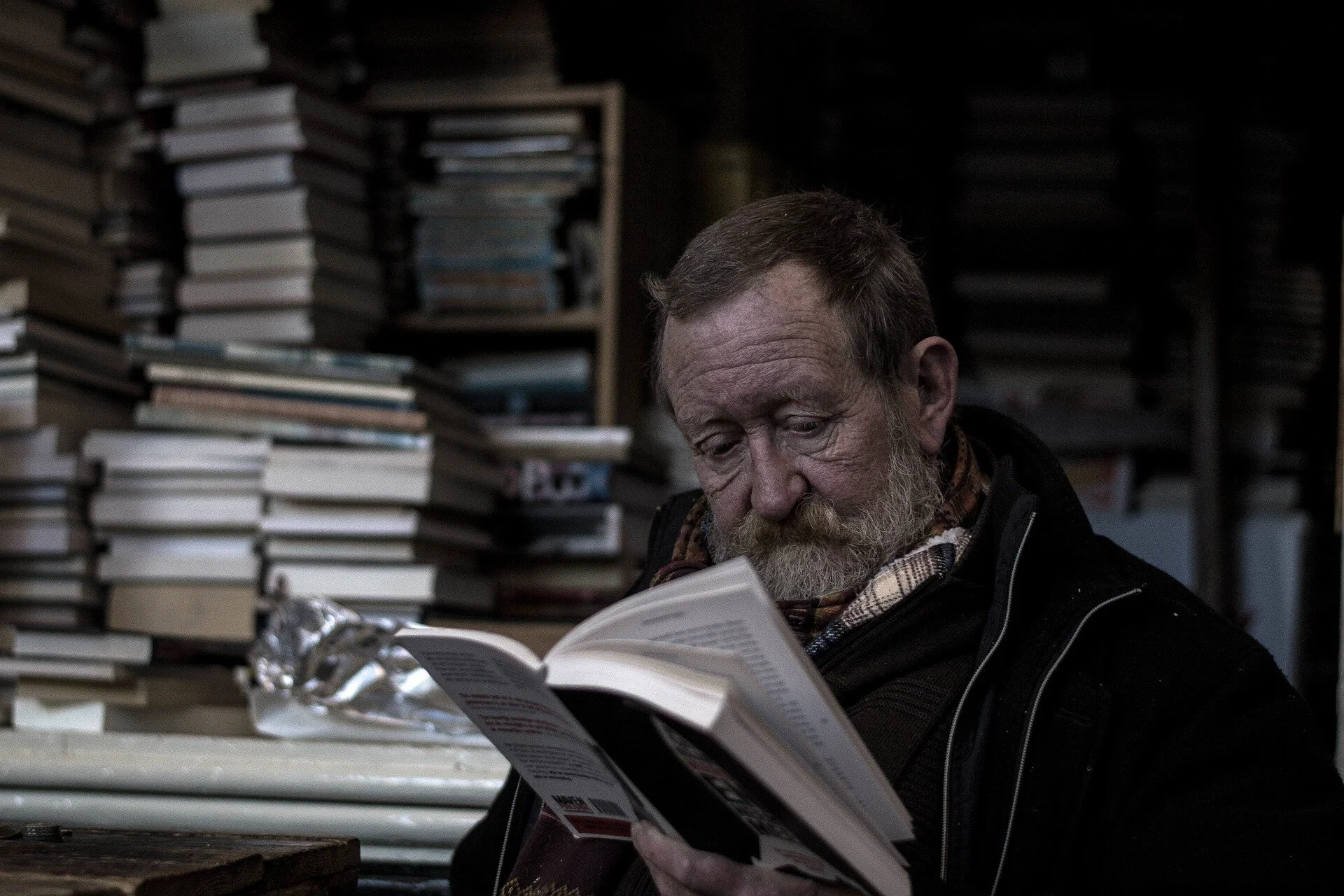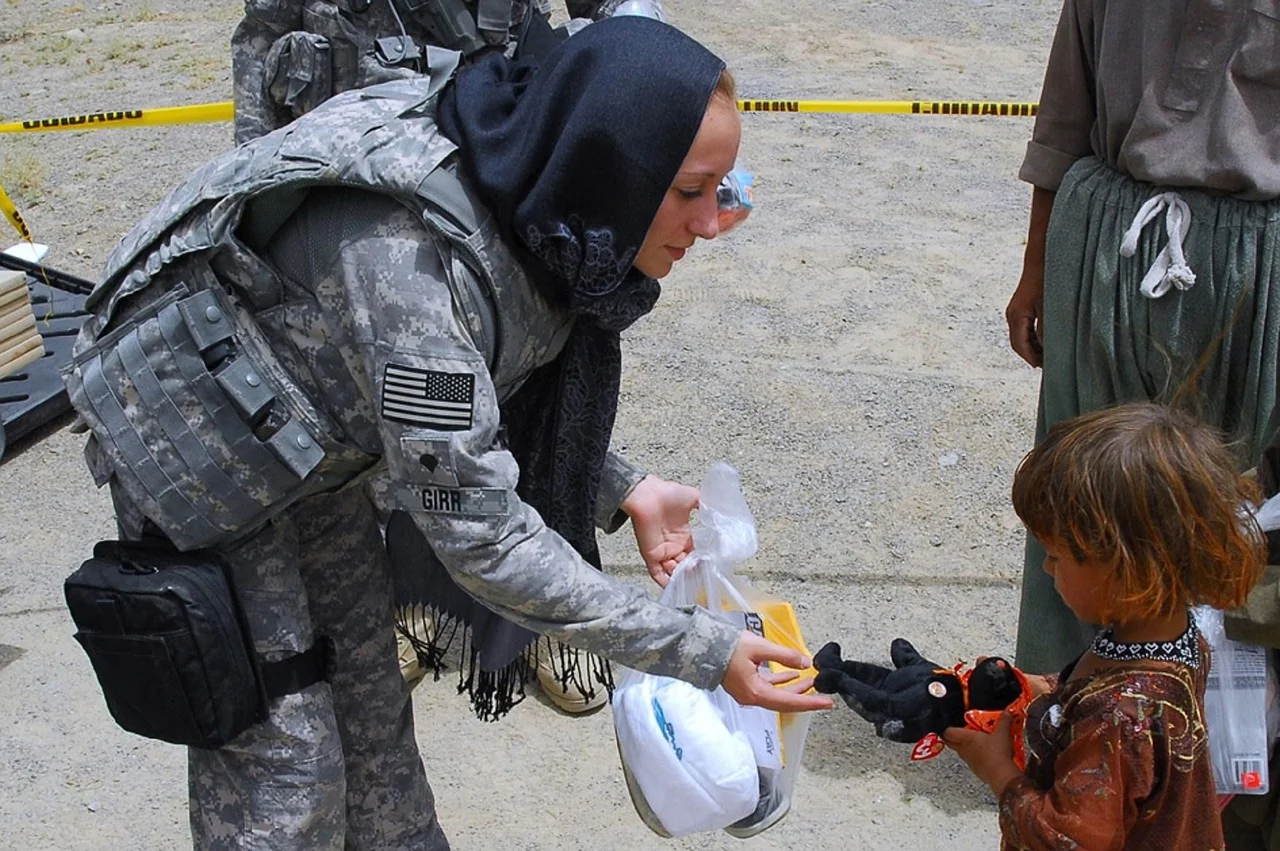From Suffering to Glory
We’ve been walking through Romans chapter 8 at a turtle’s pace. I think going through a passage of Scripture, or a single verse at a slow pace, can really help us to learn, understand and make the knowledge God wants to impart to us, so much more impactful, than if we race through, like the hare, in the infamous race.
Image by Capri23auto from Pixabay
Last week we only got through verse 16 of the chapter, but it was time well spent. We learned the Spirit of God, speaks to our spirit, a part of us God the Father created us with for the purpose of having communion with Him. If we have not given our lives over to Christ, the spirit God created us with will not thrive and grow, and will definitely not be able to know the things of God.
Let’s delve into verse 17.
“ 17 and if children, heirs also, heirs of God and fellow heirs with Christ, if indeed we suffer with Him so that we may also be glorified with Him.”
Last week we learned the Spirit of God testifies with our spirit we are children of God. This week we go the next step.
…and if children, heirs also, heirs of God and fellow heirs with Christ…
We are not just children of God, we are heirs. What does it mean to be an heir? Let’s take a look at how Webster’s Online Dictionary defines heir.
1 - one who receives property from an ancestor : one who is entitled to inherit property
2 - one who inherits or is entitled to succeed to a hereditary rank, title, or office
3 - one who receives or is entitled to receive something other than property from a parent or predecessor
All three of these definitions give us insight to our position in Christ as God’s children. Because we have taken on the name of Christ and been washed in His blood, we are now entitled to everything that He makes available to His own Son. We have access to His power, His authority and His perfection. In reality we are extremely limited by our flesh and by the darkness that surrounds us on this earth, but I honestly believe if we had the faith of a mustard seed, like Christ talks about in the gospels, we would be able to do amazing things.
Image by GOKALP ISCAN from Pixabay
It is important to remember that much of what goes on in the Christian life is in the spiritual realm. We can see the results of prayer in this earthly realm, but that doesn’t mean if we don’t see results that nothing is happening. It is possible when we are praying in His Spirit we are fighting battles and giants much bigger anything we can imagine. Believe me, I can imagine some pretty big stuff. Ha, ha. So when I say we have access to power, we do not become like Superman and have the ability to fly. Christ didn’t fly when He was a man, although He could have. What we do have, is the power of Christ to bring down strongholds and forces of darkness.
Image by Stefan Keller from Pixabay
“For our struggle is not against flesh and blood, but against the rulers, against the powers, against the world forces of this darkness, against the spiritual forces of wickedness in the heavenly places.”
Not only do we have access to Christ’s power, perfection and authority, we are heirs to an eternal kingdom. We really are children of the King. You are a princess and no matter your opinion on Disney, a princess you are and you might as well accept the fact.
Image by Helmut H. Kroiss from Pixabay
…if indeed we suffer with Him, so that we may also be glorified with Him…
What exactly does it mean to “suffer with Him.” We have not been scourged, beaten or nailed to a tree, so how is it that we suffer with Christ? When Paul wrote this to the believers in Rome it was during a time in which the early church was beginning to endure persecution and suffering. In the same way, today, many churches and believers all over the world deal with persecution and struggle for the sake of Christ. Even in our own country we are beginning to feel the pangs of trying to live for and lift up the name of Jesus.
I don’t know about you, but there are times, when I really feel as though our invisible enemy, who is very real in the spiritual realm, is after me and my family. I am sure many of you have felt that same pressure or oppression from the enemy. Whether, he is actively involved in the things we struggle with or numbers of his minions are, I am sure there are times we are being toyed with. God will not allow Satan to kill us, but there are times He allows that influx of enemy fire, both for our own growth and for the glory of His kingdom. This is part of the suffering we go through. Even His own Son, Jesus was lead into the wilderness by the Spirit to be tempted by the devil (Matthew 4:1).
What is the point of all this suffering and struggle? “…that we may also be glorified with HIm.” When Christ rose from the dead and ascended into heaven to sit at the Father’s right hand, He was glorified. In the same way, when we die, our bodies will decay, but our spirits in union with His Spirit will ascend into heaven, where we will be with Him forever. It would be lovely if we had the glory here in this life, but that is not the goal. The goal is to honor and glorify Him, then when we are done, He will glorify us, bringing us home and giving us a place at His table as His children and heirs.
I hope you enjoyed delving into Romans 8:17 today. Be sure to check back next week for a look at the next few verses. Thanks so much for following along.
Have a great day.
































































































